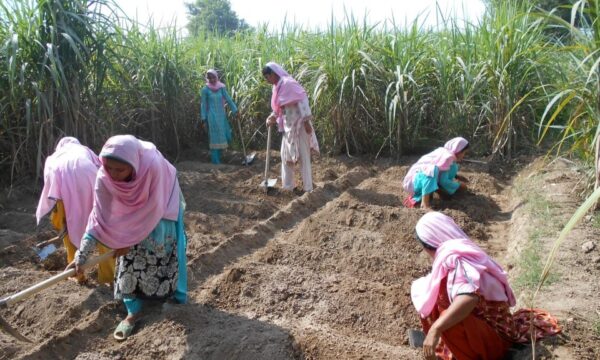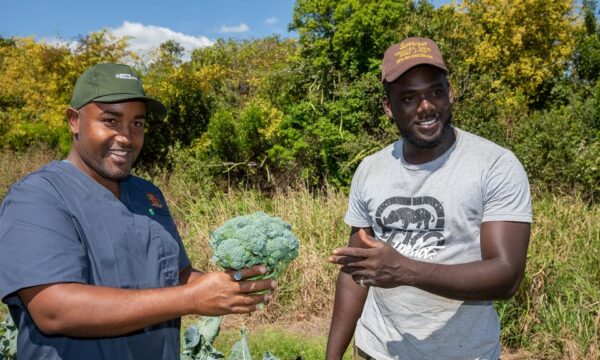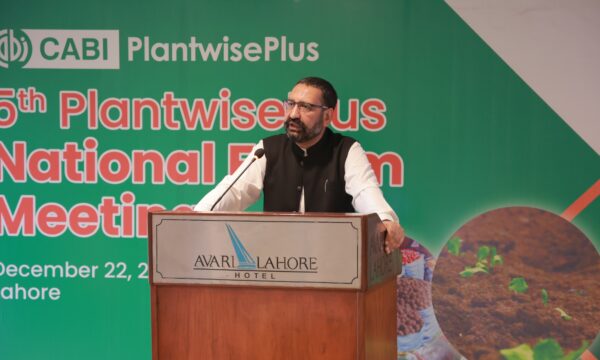
Tuta absoluta on tomato (Photo credit: Elizabeth Maina)
Invasive species cause widespread devastation and huge economic losses to smallholder farmers across the world, especially in sub-Saharan in Africa. Invasive species not only directly undermine farmer’s ability to achieve food security, they also affect smallholder agribusiness making farmers unable to link to profitable food value chains and international agricultural trade networks.
In 2016, Tuta absoluta, an invasive pest, caused remarkable devastation in tomato farms in Northern Nigeria. As a result, millions of small farmers who rely on income from tomato sales were thrown into poverty. In east Africa, losses from Tuta absoluta have been estimated at about $79.4 million per year and this monetary loss is on the increase.
Early this year another invasive pest, Fall armyworm, swept through sub-Saharan Africa, destroying staple grain crops which farming families rely on for income and food. It has also been predicted that this fall armyworm could spread and cause further damage in other parts of the world. This implies that the devastation caused by invasive species should not be regarded as a problem to be managed by only those groups affected but should be dealt with as a global problem due to their potential to spread through trade and human mobility.

Seminar at CABI’s Kenyan centre (Photo: CABI)
Therefore to address this global problem, CABI is helping to establish strategic partnerships between international and local research and development organisations, higher institutions, government ministries and relevant stakeholders within the agriculture value chain. This will ensure that a holistic approach is adopted to evolve sustainable invasive control and management techniques. Such partnerships and collaborations will also provide a platform that to promote active knowledge transfer between countries and stakeholders.
In order to explore and activate South to South cooperation, a seminar on Tuta absoluta and Fall armyworm management was organized in CABI’s Kenyan centre on 24th March 2017. Key stakeholders participated in the seminars including representatives from the National Plant Protection Organisation (NPPO), the Kenyan Ministry of Agriculture, the University of Kenya and other local Plantwise implementation partners in the country. Experiences on controlling these pests from Latin America, Asia and Africa were shared among the participants, resulting in a productive exchange of ideas on possible management options to control these invasives.
With contributions from Yeliza Colmenarez, CABI
2 Comments
Leave a Reply
Related News & Blogs
Training Sri Lanka’s agro-dealers in pesticide risk reduction
Agro-dealers provide vital support to Sri Lanka’s farmers. These agricultural input suppliers are often the first point of contact for smallholders who need advice on plant protection products. However, agro-dealers often lack formal training in safer…
3 July 2025





[…] via South-South collaboration helps in the fight against invasive pests — The Plantwise Blog […]
[…] biological control measures and strengthening phytosanitary standards. CABI already facilitated the south- south collaboration workshop in Kenya to share experiences between Kenya and Brazil on controlling pest and diseases from Latin […]